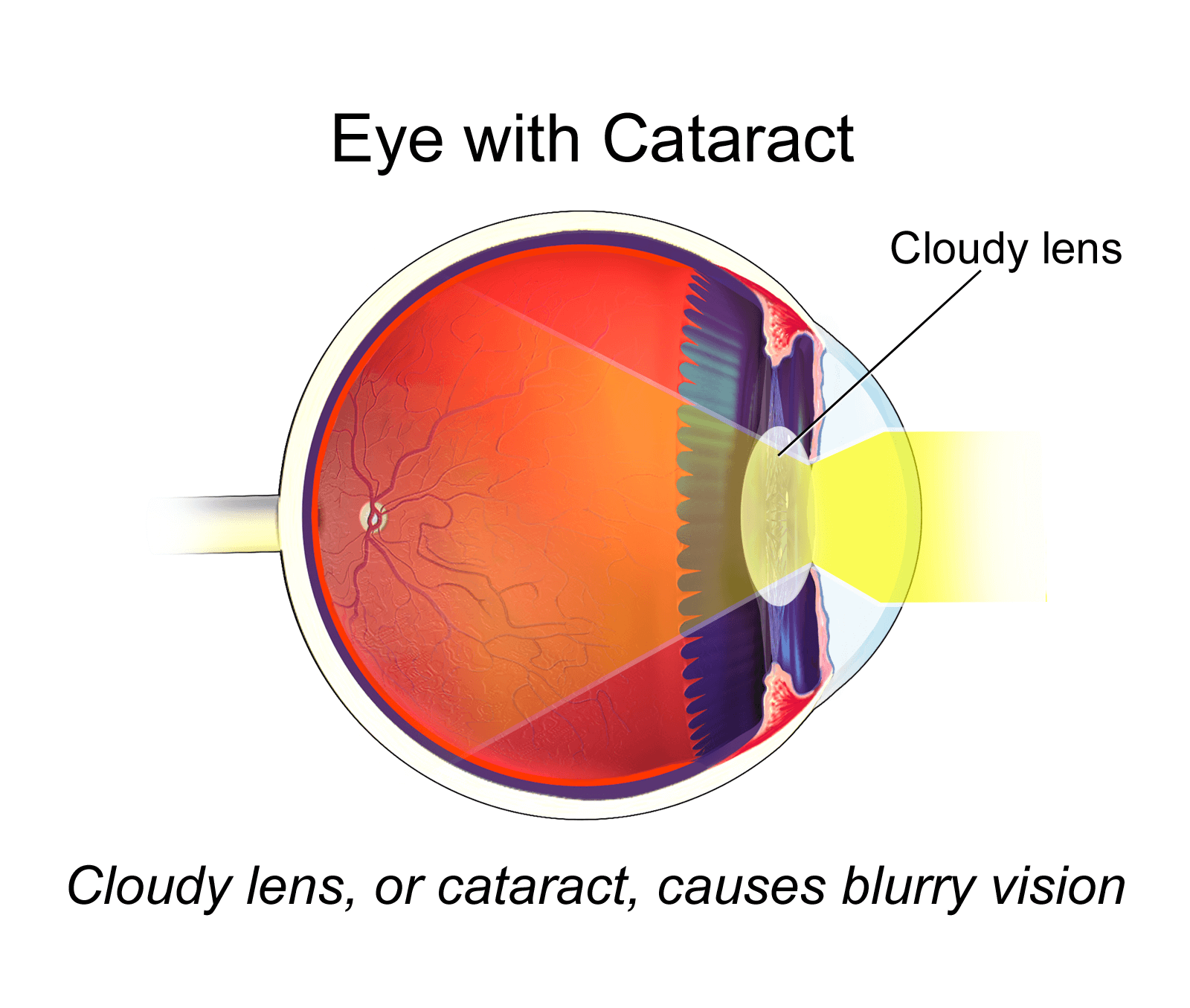Cataract Surgery Specialists Brisbane
Restore Your Vision & Quality of Life
Cataracts
As you age, your the lenses in your eyes become cloudy, causing cataracts to form. This will noticeably impair your vision. Cataracts usually “grow” slowly, so your vision will continue to get worse gradually.
Simple things like reading, driving, and being involved in your family and friends’ lives can become more challenging when you develop eye conditions or an eye disease.


Choose clearer vision
Cataracts are a natural part of the ageing process, but they do not need to interfere with your lifestyle. Cataract surgery can restore your vision – and your quality of life.
If you have cataracts and want to do the things you love with clear vision, you might like to consider cataract surgery. With years of experience performing cataract surgery in Brisbane, you can be confident your vision is in safe hands with our ophthalmologists.
1. Consultation
Firstly your ophthalmologist will assess your cataracts and your eye health, discuss your vision goals, describe any risks, and outline the surgery and recovery process. You will have the opportunity to ask as many questions as you like. From there, you can decide if cataract surgery is the right eye treatment for you.
2. Lens Measurement
There are several intraocular lens (IOL) implant options. Depending on your lifestyle preferences, there are options to reduce or eliminate the need for glasses. Your ophthalmologist will describe and recommend the most appropriate lens for you. To maximise precision when choosing your lens, you will have a specialised scan to measure your eye.
3. Booking Surgery
Our friendly reception staff will book surgery with you. There is a number of private hospitals to choose from, depending on what is most convenient for you. If you do not have health insurance or hospital cover, don’t worry, we can discuss intermediate surgery options. You will be given a take-home information pack, with everything you need to know about your surgery booking. There will be some paperwork to fill out for the hospital.
4. Surgery Day
Before your surgery, the nurses will ensure you are comfortable, and our anaesthetic team will help you to relax with specialised medication. Your eye will be anaesthetised to ensure it doesn’t move, and is pain-free. The clouded lens will then be replaced with the chosen clear artificial lens implant. After surgery, patients are monitored by the nurses for a short while before they’re allowed to go home.
Cataracts FAQs
What are my options to treat cataracts?
Surgery is the only available option to reverse the progression of cataracts for a patient. The good news is that cataract surgery is safe, routine, and convenient. Thousands of Australians undergo cataract procedures each year to maintain their eye health and preserving their clear sight far into the future.
What does the cataract get replaced with in order to focus vision?
When your cataract is removed, it is replaced with an artificial lens or “intraocular lens” (IOL).
Are there options of different types of lens implants (IOLs)?
Yes, there are many types of IOLs to choose from. The main types are:
Mono-focal: This gives clear vision without side effects in either distance (beyond 1 meter) or near (for reading and close activities), but not both.
Extended depth of vision (EDOF): New technologies can extend focus from about 60cm to distance activities, but not for reading, with minimal side effects.
Multi-focal: This provides clear vision at all distances from reading to intermediate and far, but there are some side effects that in most cases settle with time. Glasses are usually not required with this type of lens.
Isn’t putting something artificial in my eye risky?
There are no real negatives to your eye health by replacing your clouded cataract with an intraocular lens implant. It is designed to become a permanent part of your eye. It will not be rejected by your body or wear out. And because it is made of a special material, it will remain clear for a lifetime.
Are the results immediate?
In just a few days, along with proper eye care, you’lll have very good distance vision and will be able to resume your daily routine. If you have chosen advanced IOL implants, it will take longer for your eye and brain to coordinate signals received via the new lenses. It’s a learning process that may take several weeks, and mostly affects near vision.
As your eyes recover, you will likely experience some sensitivity to bright lights in the short-term, but it will not affect your ability to drive or see at night. In some patients, especially those who choose advanced IOL implants, glare and halos around lights may be permanent, but in most cases will become less noticeable over time.
The healing process begins at different times for each eye, as the experienced vision professionals at Eastside Eye Specialist Care operate on one eye at a time, which is standard medical practice. The interval between surgeries varies from one to four weeks.
Book A Consultation
To learn more about our state-of-the-art cataract surgical procedure and our other vision correction options, we invite you to schedule an appointment with cataract eye surgeon, Dr. Joshua Hann. Please use our contact form or call Eastside Eye Specialist Care in Brisbane Queensland (QLD) today.
